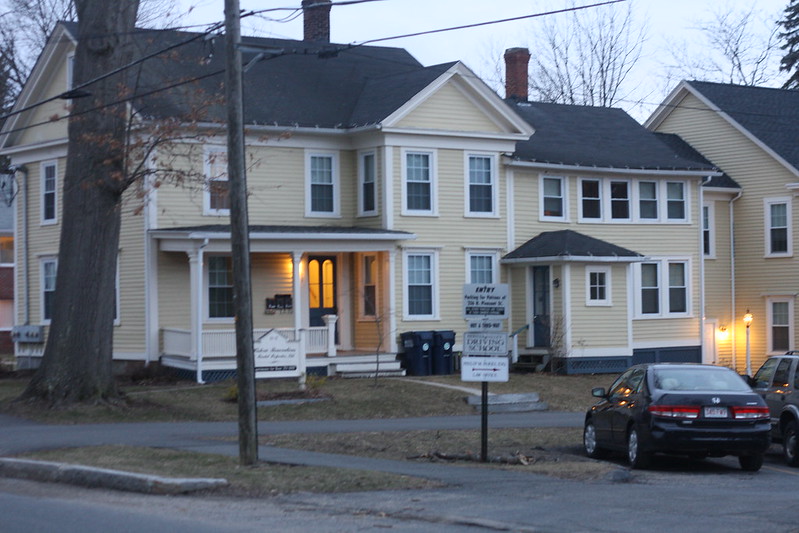On Nov. 10, state Rep. Mike Connolly, lead organizer for a rent control ballot initiative, announced his group was suspending its signature collection for the upcoming election. Connolly instead has shifted his focus towards the legislature and upcoming rent control bills. During the 1994 general election, Massachusetts voters narrowly passed a referendum on the prohibition on rent control. An unprecedented era of skyrocketing housing costs and the reintroduction of rent control measures has reignited discussion surrounding the rent control prohibition and housing costs.
Massachusetts is an extremely expensive place to live; the state’s cost of living is 50 percent higher compared to the national average. Housing makes up a large portion of these costs with housing costs being 111 percent higher than the national average. Boston, the state’s largest metro area, is the third most expensive city in the nation in terms of rental costs. As of September 2023, the average rent of a one-bedroom apartment in Boston was $2,950 a month. In surrounding suburbs like Cambridge, Lexington and Medford, rent can reach $3,000 a month.
A poll conducted by the University of Massachusetts Amherst and WCVB show that four in 10 Massachusetts residents are contemplating leaving the state. That number rises to 46 percent for low income individuals (making less than $40,000 per year). Respondents cited costs of living as their biggest reason why. The US Census Bureau estimates that Suffolk County — which includes Boston — has lost more than 3 percent of its population within the last three years.
Massachusetts has reached its crisis point. State and local leaders have failed residents and low income families are paying the price. Massachusetts needs statewide rent control and stabilization.
Rent control is popular in Massachusetts, with around 60 percent of residents support these measures. In response to these calls for rent control and facing an affordability crisis, Boston Mayor Michele Wu spearheaded a rent control initiative earlier this year, but has faced strong opposition from landlords and property developers.
Opposition leaders claim rent control will lead to corrupt rent control boards that override rent increases, allow lifetime leases and unfairly target small housing providers. They also claim the decrease in rental income will prevent landlords from financing repairs on their buildings, ruin landlord-tenant relationships and cut back on the housing supply.
I find myself lacking any compassion for landlords and developers who have profited from rising prices since the repeal of rent control. Researchers from the National Bureau of Economic Research found that the end of rent control raised the housing values of the City of Cambridge by more than $2 billion in just 10 years. This led to almost immediate rent increases in formerly controlled apartments and a sharp increase in the turnover and displacement of tenants. This is the case statewide, and we cannot support a system that puts the profits of landlords and home developers over the wellbeing of all our state’s residents.
A study at the University of Southern California also showed rent control works to increase stability and affordability. Tenants who live in rent-controlled units are more likely to stay in their units and can devote less of their income to rent. This prevents issues that many Massachusetts residents face, including high rent burdens and lowering the risk of becoming unhoused. The study also found that rent controlled units do not raise the rents of non-controlled units, making the community affordable for all residents.
The same study also found that rent control policies do not decrease housing production or housing supply. In a state with a very limited housing supply, state leaders must work with developers to increase the housing supply without the worry that rent control will prevent further development.
High housing costs also exacerbate income inequality according to professor Katherine M O’Regan, a professor of public policy and planning at New York University. With higher housing costs bringing in those with higher incomes, those with lower incomes are no longer able to afford housing and experience the ill effects of these destabilizing housing situations. According to the United Health Foundation, a non-profit that tracks income inequality, Massachusetts ranks as the third most unequal state in the nation. Rent control can help mitigate this inequality that slows down the economy and prevents a flourishing community for all to develop.
State and local leaders must work to create and pass rent control and stabilization legislation to keep families in Massachusetts off the streets and financially stable and to lift the burden off millions of Massachusetts renters.
Samuel Cavalheiro can be reached at [email protected]. and followed on X @samcavalheiro1




















